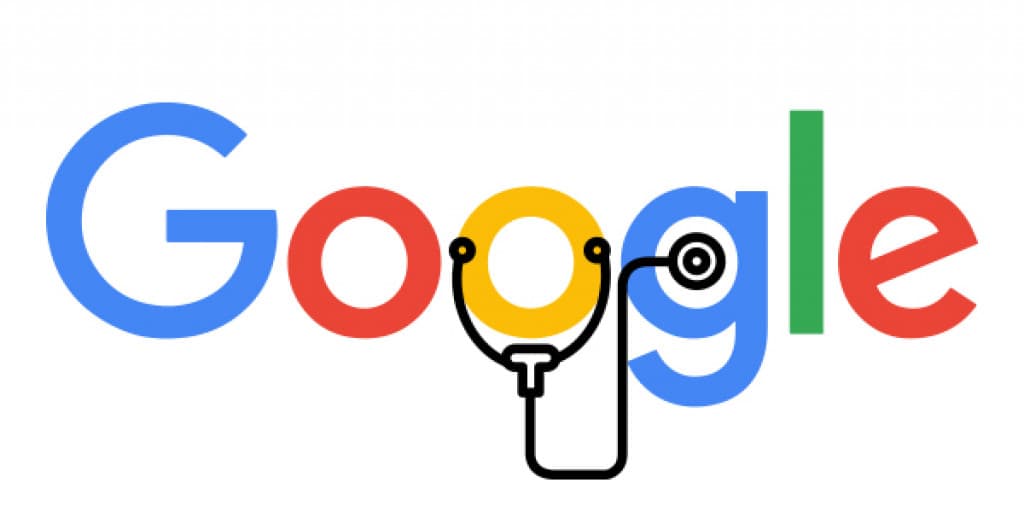
After years of carrying the derisive nickname of “Dr Google”, the world’s most used search engine launched Health Cards for over 900 health conditions in Australia earlier this month (an earlier version was launched in the US in June of last year). It’s an interesting development in health related search but it could also be a damaging one for paid search managers working on healthcare or pharmaceutical accounts.
What are Health Cards?
Health cards are neatly formatted search results that give users information about conditions as well as their symptoms and treatment (examples below).

This isn’t Google’s first attempt at giving users relevant information about health conditions. Featured snippets (examples below) have been active for years with the aim to give summaries of search queries – be they “who won the Super Bowl?” or “joint pain”.

It’s often a useful feature but it uses content programmatically extracted from web pages, which has been algorithmically determined to be the most relevant. Since the content isn’t curated, the snippet’s sources aren’t exactly guaranteed to be reliable. Health Cards are a great way to address this issue and provide users with reliable information compiled by panels of Healthcare Professionals (HCPs).
While Health Cards are informative, Google stresses they aren’t self-diagnosis tools or sources of medical advice – every card directs users to “consult a doctor for medical advice”.
So what’s the catch?
Access to this information could very well impact advertisers’ performance in search. Health cards appear at the top of search results – and search ads – on mobile, taking up the entire screen above the fold while being less prominent on the right column of desktop results. This might not seem like an issue if it’s limited to mobile devices but… mobile and tablet internet usage passed desktop for the first time worldwide late last year. With that in mind, search campaign results based around health related (particularly health condition) searches could take a hit in engagement, traffic delivery and, ultimately, performance.
What’s the treatment?
For now, health card results are strictly served for searches based on health conditions like “asthma” or “diabetes” not the symptoms of conditions. That said, targeting condition-based keywords is still a worthwhile exercise to get a mineable search term report to help inform your decisions and optimisation. And for those marketers interested in leveraging symptom-based keywords, you’ll only have to compete with featured snippets – a much less formidable organic search opponent. Since it appears Google’s intention isn’t to build a symptom checker, we don’t see the paradigm shifting much further, but watch this space!








